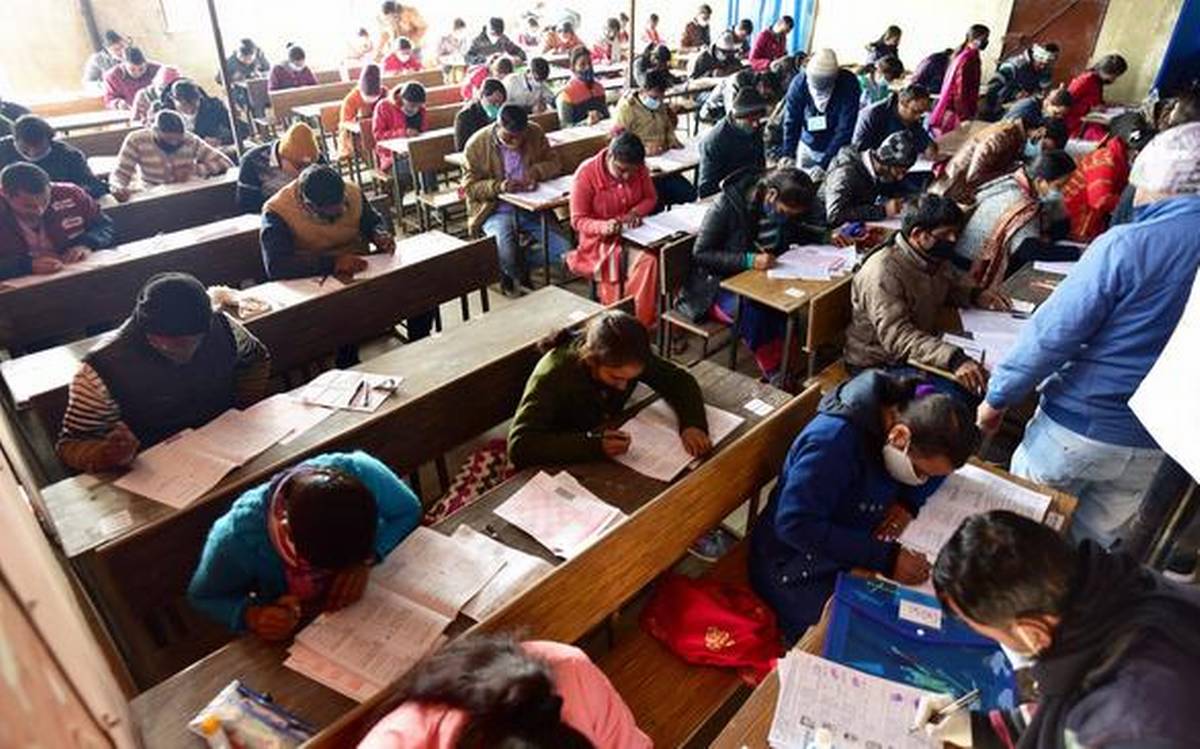
A Delhi special court for SC/ST Act has directed registration of FIR against offenders for setting questions papers that included caste abusive questions. The Additional Sessions Judge Ravinder Bedi held that prima facie offences under the Act were made out.
The complaint was filed under Section 14 of The Scheduled Caste and the Scheduled Tribes (Prevention of Atrocities Act), 1989 (SC/ST Act) against Delhi Subordinate Services Selection Board (DSSSB) for including a caste abusive question in an examination held in October 2018. In the examination held for appointing Primary Teacher, a question about gender of caste (chamar) was asked in the Hindi comprehensive section.
The complainant came to know about this through a newspaper article and after getting a copy of the question paper, filed the complaint. He alleged that by using the word ‘Chamar’ DSSSB flagrantly disrespected the feelings of the entire SC &ST Community and the words were aiming at promoting hatred and ill will against the members of the Scheduled Caste.
The complainant sent a written complaint to the SHO, PS Anand Vihar, DCP East and Shahdara, Lt. Governor, National Commission for Scheduled Castes, Commissioner of Police, Delhi but no action was taken. Thereafter, again in Primary Teacher examination held in 2019, the question was asked about gender of Scheduled Caste (bhangi) [the question was as to what was the gender of Bhangi; four options as (a)Bhangin (b)Bhangi (c) Bhangia (d)Bhangin].
The complainant stated that lakhs of candidates from Scheduled Caste category appeared in both examinations, and putting such questions repeatedly was aimed at humiliating and insulting an entire community intentionally.
The DSSSB responded that as soon as the Board came to know of such lapses, a Committee of Senior Officers from Secret Cell and Examination Cell was constituted to Inquire into the matter and the Paper Setters were black listed by the Board.
The court held that prima facie the complaint discloses offences committed under the SC/ST Act and thus directed that an FIR be registered against the offenders and an investigation be conducted by the Officer empowered under the Act with monthly report to be filed before the court as per Supreme Court judgement in Sakiri Vasu vs. State of UP (2008)2SCC 409.
In the Sakiri Vasu judgement, the apex court had broadened the scope of powers of a Magistrate under section 156(3) of CrPC and held that the section is wide enough to include all such powers in a Magistrate which are necessary for ensuring a proper investigation, and it includes the power to order registration of an F.I.R and of ordering a proper investigation if the Magistrate is satisfied that a proper investigation has not been done, or is not being done by the police.
The order may be read here.
Related:
Delhi HC issues notice to NBSA, channels on Disha’s plea alleging information leak
Bombay HC grants 3 weeks anticipatory bail to Nikita Jacob in toolkit case